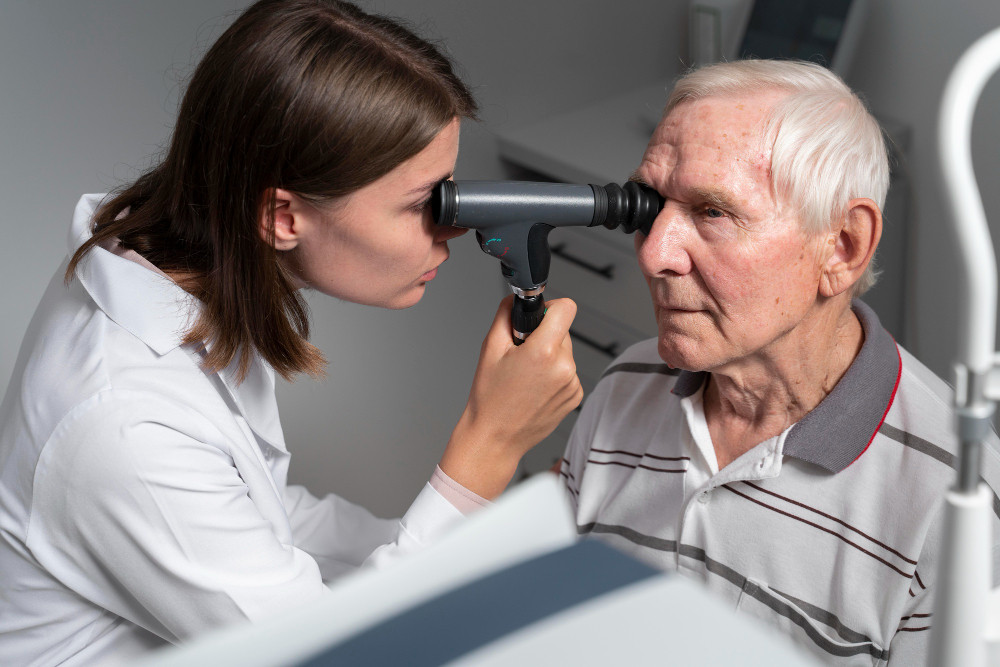For individuals with diabetes, maintaining stable blood sugar levels is crucial. Blood sugar levels must be carefully monitored to ensure they stay within a safe and stable range. One key aspect of managing diabetes is following a regular eating schedule, which means avoiding overeating and eating late.
Dangers of Eating Late for People with Diabetes
Maintaining a consistent meal schedule is essential for effectively managing blood sugar levels in diabetes. Eating late can negatively impact the body’s ability to regulate these levels.
Here are the risks associated with late eating for people with diabetes:
Hypoglycemia
Hypoglycemia occurs when blood sugar levels fall below 70 mg/dL. This condition can happen if a person with diabetes misses a scheduled meal but still takes diabetes medications or insulin.
When diabetes medication is taken or insulin is injected, the pancreas is stimulated to lower blood sugar levels. If you skip meals or eat late after taking these medications, blood sugar can drop drastically, leading to hypoglycemia.
Symptoms of hypoglycemia include dizziness, fatigue, trembling, cold sweats, and intense hunger. In severe cases, dangerously low blood sugar can cause difficulty in communication and thinking, poor coordination, loss of consciousness, or seizures.
Hyperglycemia
On the other hand, hyperglycemia refers to excessively high blood sugar levels, which can also result from eating late. Skipping meals may lead to overeating at the next meal, which can cause blood sugar levels to spike, increasing the risk of hyperglycemia.
Additionally, when meals are skipped, the body may release more glucose from glycogen stores in the liver, further elevating blood sugar levels.
Symptoms of hyperglycemia include excessive thirst, frequent urination, and fatigue. In more severe cases, you may experience blurred vision, slow-healing wounds or infections, or even fruity-smelling breath, which indicates diabetic ketoacidosis—a serious complication.
Organ Damage
Consistently irregular eating habits and uncontrolled blood sugar levels can lead to serious organ damage over time. Some potential complications include:
- Blood vessel damage, increasing the risk of atherosclerosis
- Kidney damage due to harm to the blood vessels in the kidneys, impairing kidney function
- Damage to the blood vessels in the retina, leading to vision impairment or blindness if untreated
- Nerve damage, which can cause numbness, tingling, pain, and weakness in the hands and feet
- Slow wound healing and infections that are difficult to treat
To avoid these risks, it is essential to maintain a regular eating schedule and take diabetes medications as prescribed by your doctor. Doing so can reduce the likelihood of long-term complications.
If you find it challenging to manage your diet with diabetes, consult a doctor or nutritionist. You can also use the Ai Care health consultation service by downloading the app via the App Store or Play Store.
Want more information about other diseases? Click here!
- dr Hanifa Rahma
Cleveland Clinic (2021). Missing Meals? Avoid Dangerous Blood Sugar if You Have Diabetes. Available from: https://health.clevelandclinic.org/how-to-monitor-your-diabetes-when-youre-not-eating-well
Barbie Cervoni, RD (2022). Why People With Diabetes Should Avoid Meal Skipping. Available from: https://www.verywellhealth.com/reasons-to-avoid-skipping-meals-1087705
Mayo Clinic (2023). Hypoglycemia. Available from: https://www.mayoclinic.org/diseases-conditions/hypoglycemia/symptoms-causes/syc-20373685
John Hopkins Medicine. Hypoglycemia (Low Blood Sugar). Available from: https://www.hopkinsmedicine.org/health/conditions-and-diseases/diabetes/hypoglycemia-low-blood-sugar
Mayo Clinic (2022). Hyperglycemia in diabetes. Available from: https://www.mayoclinic.org/diseases-conditions/hyperglycemia/symptoms-causes/syc-20373631
John Hopkins Medicine. Diabetic Nephropathy (Kidney Disease). Available from: https://www.hopkinsmedicine.org/health/conditions-and-diseases/diabetes/diabetic-nephropathy-kidney-disease
National Eye Institute (2024). Diabetic Retinopathy. Available from: https://www.nei.nih.gov/learn-about-eye-health/eye-conditions-and-diseases/diabetic-retinopathy
Mayo Clinic (2022). Diabetic neuropathy. Available from: https://www.mayoclinic.org/diseases-conditions/diabetic-neuropathy/symptoms-causes/syc-20371580
Mayo Clinic (2022). Diabetic ketoacidosis. Available from: https://www.mayoclinic.org/diseases-conditions/diabetic-ketoacidosis/symptoms-causes/syc-20371551












